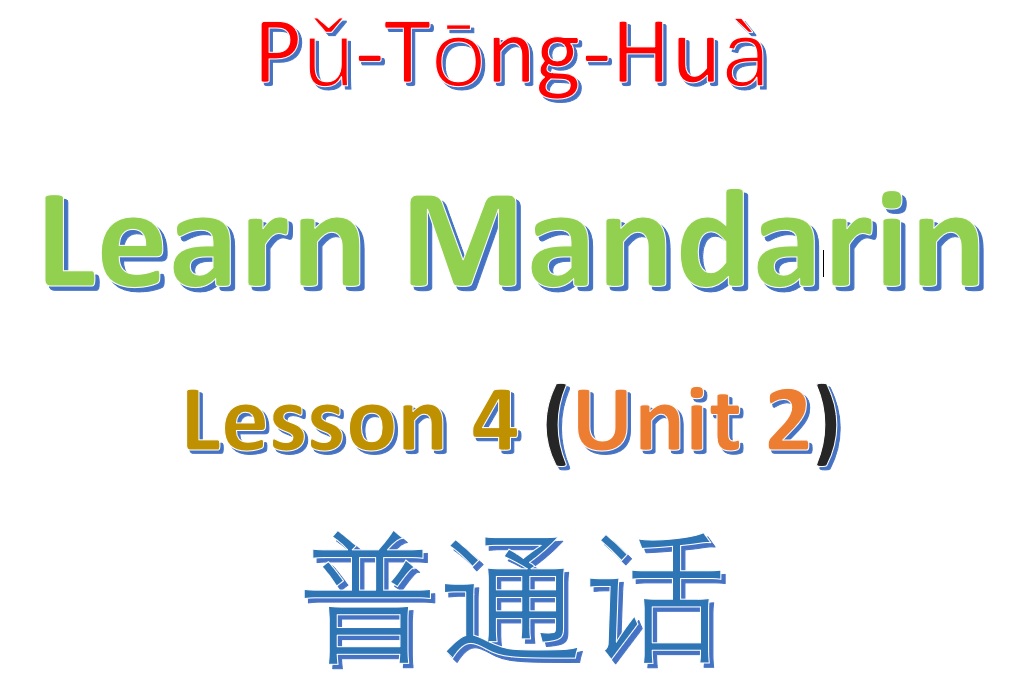Welcome to Lesson 4 to learn Chinese language online in Unit 2 of SKMLifestyle’s Chinese Language course. I have already introduced you to 60 new most frequently used Mandarin Chinese characters in the previous lessons of this Unit. In this lesson we’ll learn 20 more new characters.

Keep in mind that each and every character is very-very important, so don’t ignore any one of them. Stay calm and keep learning. It will take some time to memorize the characters, but you’ll get there.
Also, don’t underestimate the power of revision. A sincere revision will keep the image of characters afresh in your mind. (check out all lessons from Unit 1 and Unit 2).
20 characters of 100 Most Frequently Used Mandarin Chinese Characters List
Here is the table for new 20 characters, and some example sentences are presented after the table. Look at the characters with a full concentration.
| English | Chinese | Pinyin |
|---|---|---|
| Similar | 如 | Rú |
| All | 都 | Dōu |
| Home | 家 | Jiā |
| To become | 成 | Chéng |
| Learn | 学 | Xué |
| Not | 没 | Méi |
| Planting | 种 | Zhòng |
| When | 当 | Dāng |
| With | 同 | Tóng |
| More/much | 多 | Duō |
| ? | 么 | Me |
| To | 去 | Qù |
| Law | 法 | F ǎ |
| Use | 用 | Yòng |
| Surface/noodle | 面 | Miàn |
| Before | 前 | Qián |
| Think | 想 | Xi ǎ ng |
| Reason | 理 | L ǐ |
| Some | 些 | Xiē |
| Its | 其 | Qí |
Example of 学, 多, 没
I have already introduced you the character 学 (xué) in Unit 1 (Lesson 3). This character is widely used in several ways, for example, learning, universities’ names, vegetables, etc.
多 (Duō) is another very important Mandarin character. It means “much” or “more”. For example, if you go for shopping in China, you’d often want to ask a shopkeeper about the price of certain items, say “how much is the price”, then you’d use the character 多.
If you want to say “eat more” or “drink more”, you’d again use 多.
没 (Méi) means “don’t”. Since, mean 有 (Yǒu) means “to have”, if you want to say “don’t have”, you’d say 没有 (Méi Yǒu).
Here are some example sentences for you to get a better picture-
- How much is the price (多少钱, Duōshǎo qián)
- (I) Have (有, Yǒu)
- (I) Don’t have (没有, Méiyǒu)
- Suzhou university (苏州大学, Sūzhōu dàxué)
- Drink more water (多喝水, Duō hē shuǐ)
- Eat more (多吃, Duō chī)
Another example: Although not a vegetarian, I often prefer to eat vegetarian food. So, when I go to eat at a nearby Chinese restaurant, I’d invariably check with the waiter if a particular dish has meat or not. If there is meat, the waiter would say “有”, otherwise 没有.
Don’t worry about the examples. I’ve just included them for your reference. I’d add more explanations in the coming lessons.
I’ll have separate lessons about on shopping and asking questions in Mandarin Chinese.
For now, just focus on learning new characters.
That’s all in Lesson 4 of the Chinese Language course. Hope now it’s easier to learn Chinese language online.
You can head to the next lesson of the Chinese Language course or go through the previous lesson again.
You can try the Chinese Language Proficiency Test to test your learning. 🙂
If you have any question about the basic Chinese words or Chinese language course, feel free to post in our forum so that others could also contribute and learn. For regular updates like us on Facebook, or follow on Twitter!
If you enjoy to learn Chinese language, or find the write-ups useful, don’t forget to buy me a beer!
Happy mandarin Chinese learning.
Last updated: Wednesday, March 14, 2018
I downloading play store but is no Inslate
Help
I appreciate